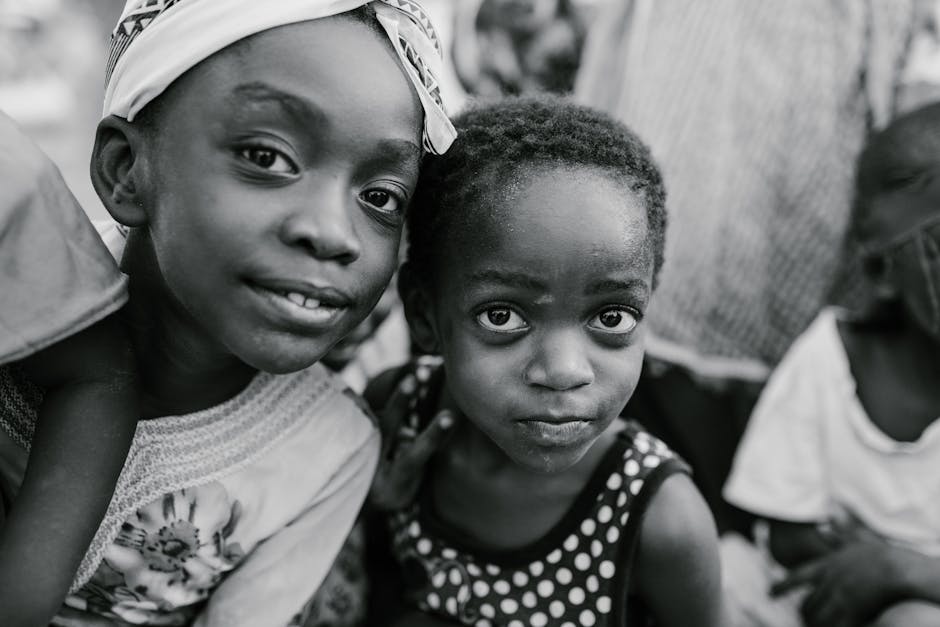
Indigenous Language Preservation: Why It Matters
Indigenous Language Preservation: Why It Matters
Preserving indigenous languages is crucial for the cultural identity and heritage of communities around the world. These languages hold a wealth of knowledge, traditions, and historical significance that must be protected and celebrated.
Language is a fundamental part of human expression, serving as a means of communication and connection within a community. When a language is lost, an entire worldview is at risk of being erased. Indigenous languages encapsulate unique ways of understanding and relating to the world, and their preservation is essential for maintaining cultural diversity.
In many cases, indigenous languages are threatened by the dominant language of the region as well as globalizing forces. The spread of a dominant language can result in the marginalization and erasure of indigenous cultures. This loss of language has a profound impact on the community's sense of identity and belonging. It disconnects individuals from their ancestral roots, limiting their ability to fully engage with their cultural heritage.
Efforts to preserve indigenous languages involve various strategies, ranging from linguistic research and documentation to community-based language revitalization programs. These initiatives aim to support native speakers, promote language learning, and create resources to ensure the survival and revitalization of endangered languages.
By preserving indigenous languages, we safeguard indigenous knowledge systems, traditional practices, and ancient wisdom. Language holds the key to understanding the unique relationship indigenous communities have with their environment, land, and natural resources. It allows the transmission of ecological knowledge accumulated over generations, enabling sustainable practices and a deep connection to the natural world.
Preserving indigenous languages is not only a matter of linguistic diversity but also a matter of cultural rights and social justice. Recognizing the value of indigenous languages is a step towards decolonization and empowering indigenous communities. It is an opportunity to challenge linguistic hegemony and embrace the richness and diversity of indigenous cultures.
As language shapes our thoughts, perspectives, and interactions, the preservation of indigenous languages contributes to the richness of human experience. It serves as a reminder that there are countless ways of understanding and interpreting the world, each deserving of respect and protection.
